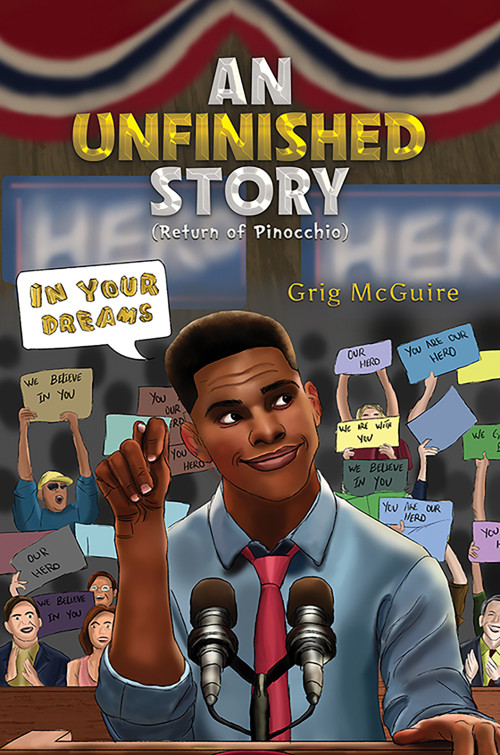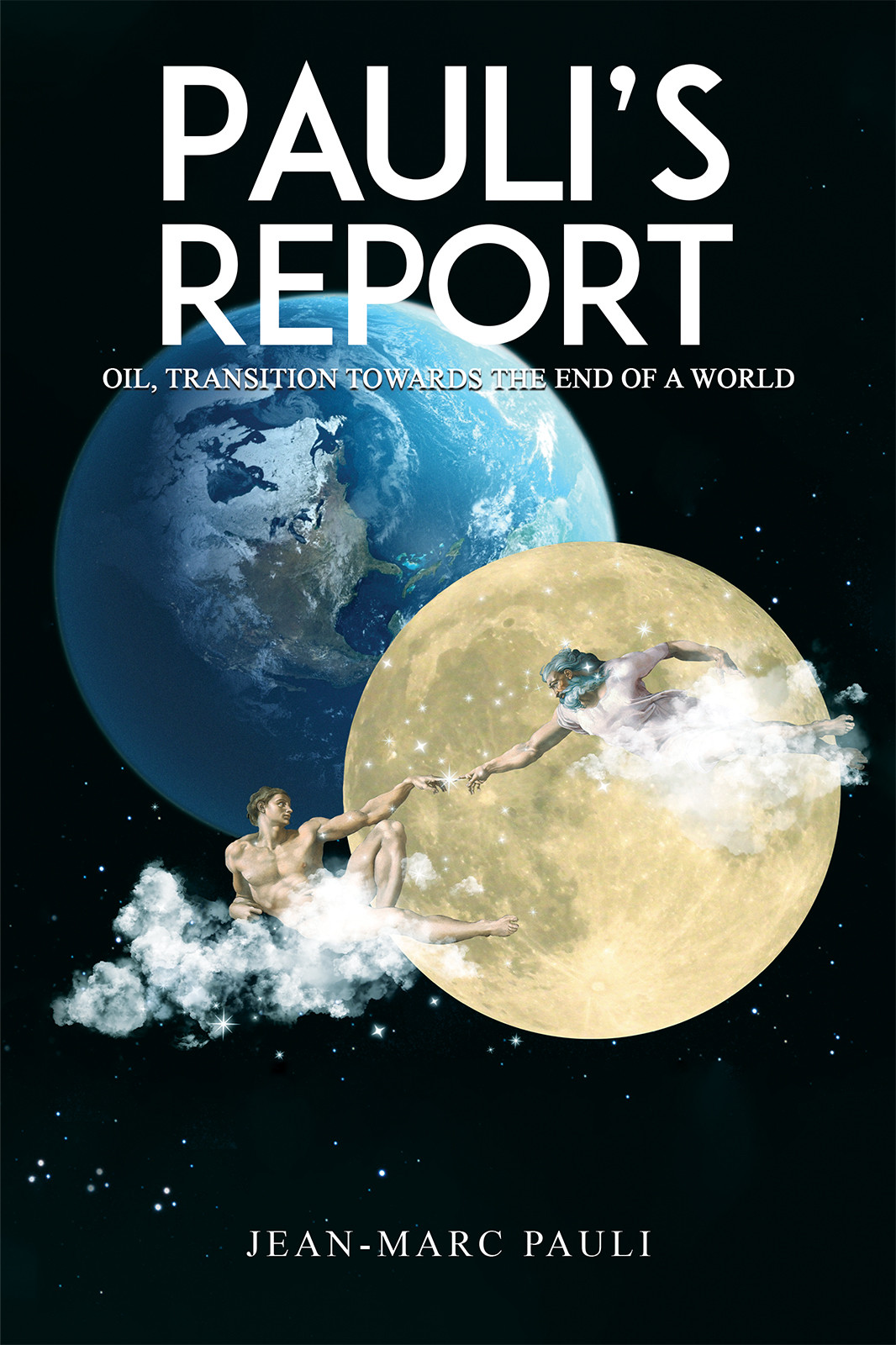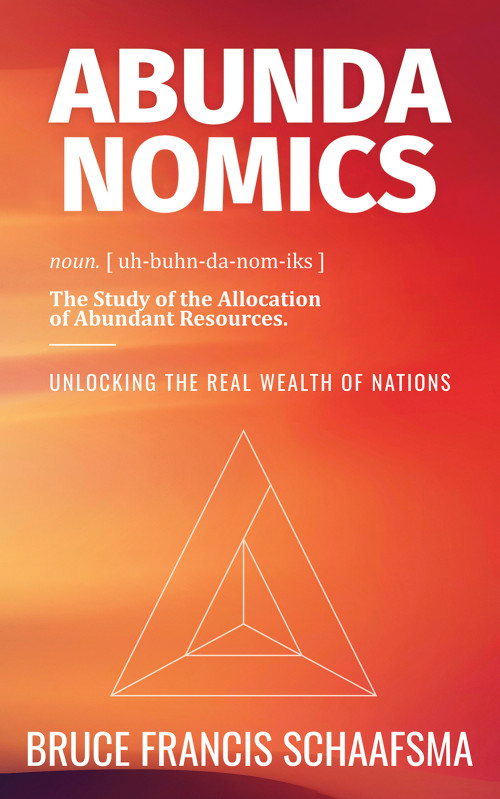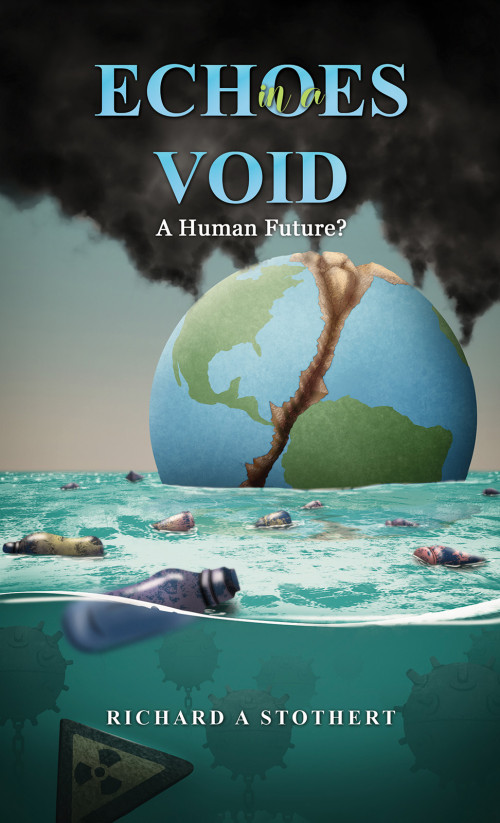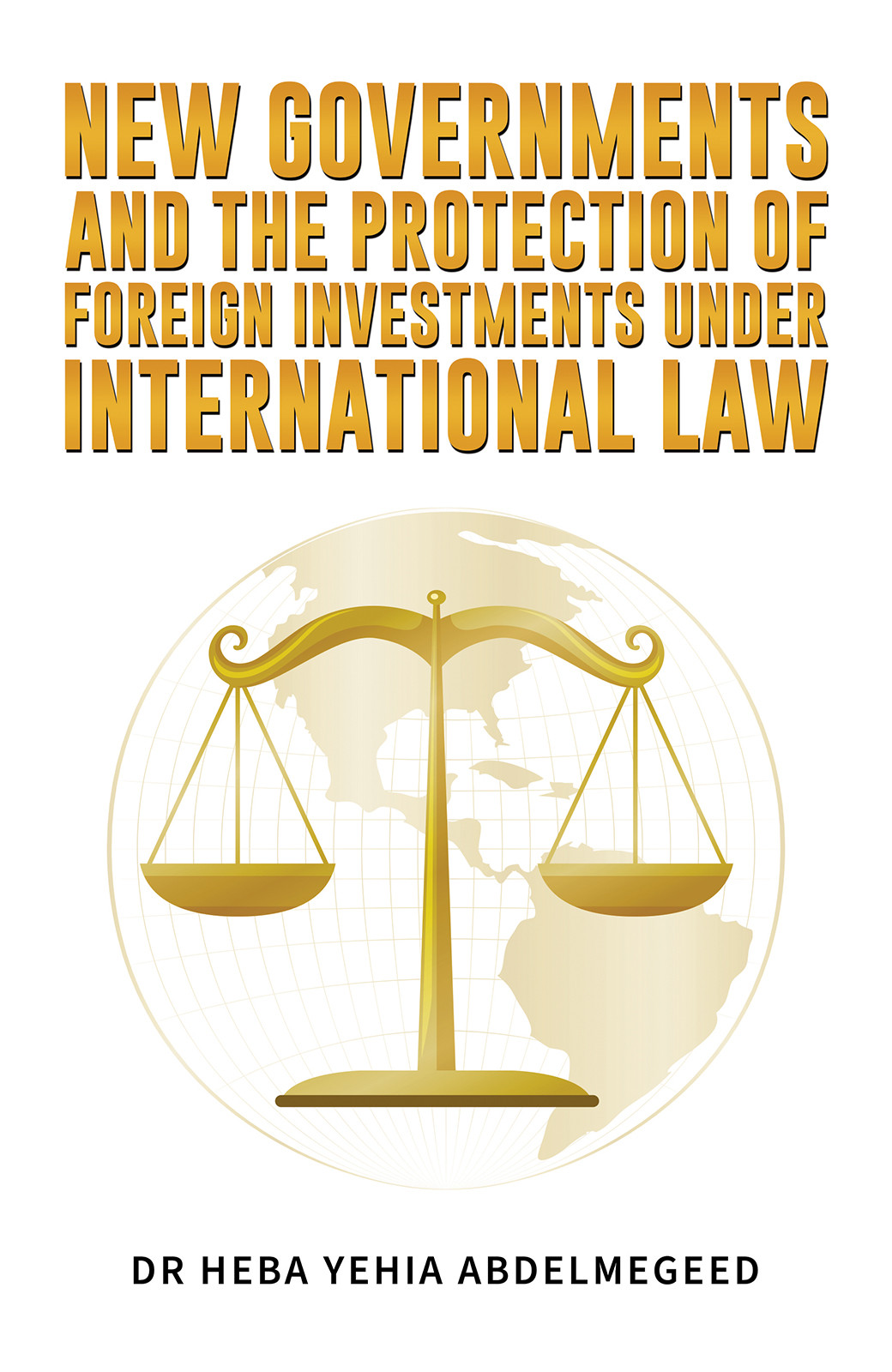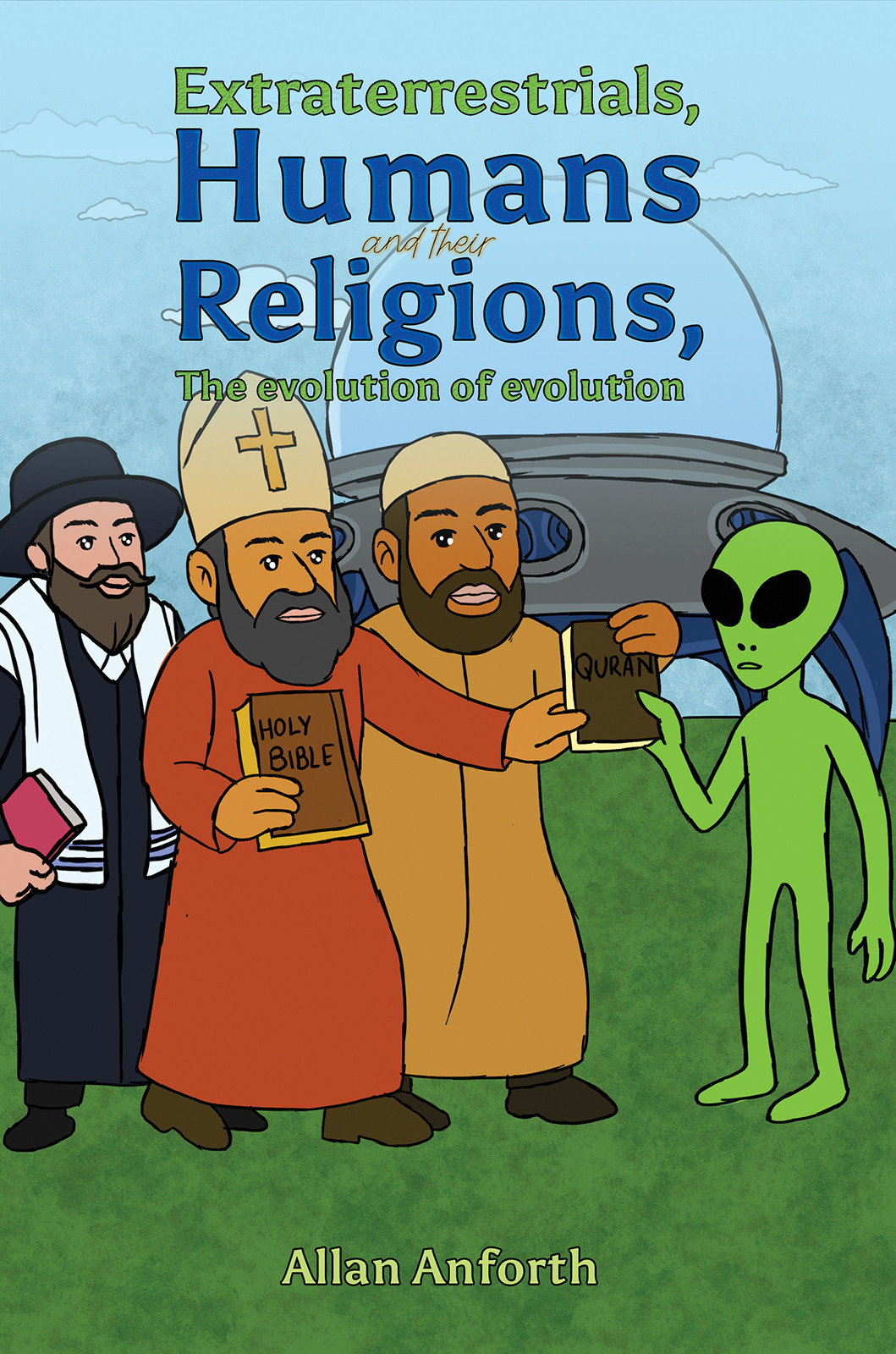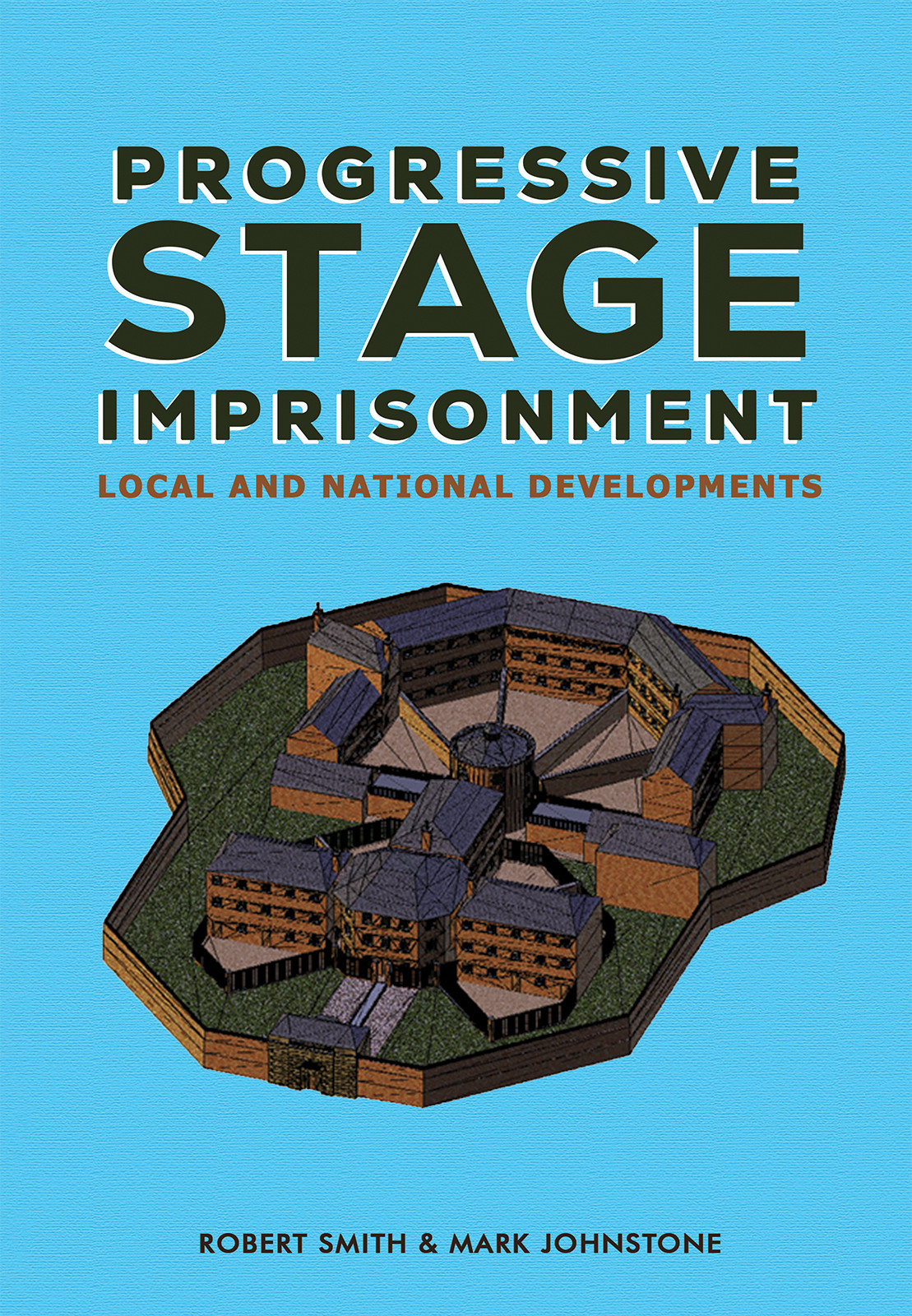An Unfinished Story: Return of Pinocchio
Dear reader,
Remember what a metaphor is? In simple words, this is what we want to say, without naming names and positions, with elements of sharp humour, exposing the whole palette of political fraud, when politicians promise people ‘mountains of gold,’ and as a result, the people get ‘bitten and beaten.’
We present to your attention a humorous work, a story about a political circus that has existed throughout human history. And if we spin this wheel, we will see that all these situations described in the book, one way or another, occurred in certain states and eras. People have faced and continue to believe in political illusions for centuries.
After reading this book, you will react with humour when looking at those politicians who are going to govern society. The images of the characters we know reflect the stupidity, greed, and naivety of people who are ready to believe what they are promised…

